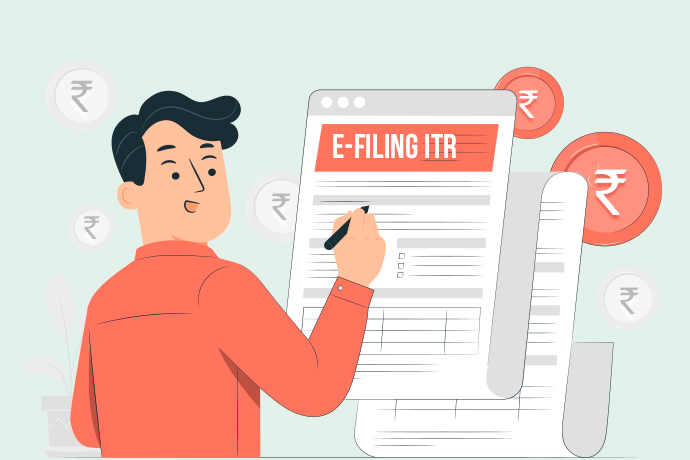YouTubers can ensure they are tax compliant by following these steps:
1. Record Keeping:
Maintain accurate records of all income sources, including ad revenue, sponsorships, and merchandise sales. Documenting expenses related to content creation, such as equipment, software, and promotion costs, is equally important. This organized record-keeping forms the foundation for accurate tax reporting.
2. Understanding Tax Obligations:
Educate yourself about the tax regulations in your jurisdiction. Different countries might have varying thresholds for when tax reporting or auditing becomes necessary. Understanding your obligations helps you stay ahead of requirements.
3. Separate Business and Personal Finances:
Open a separate bank account for your YouTube earnings. This segregation simplifies tracking income and expenses related to your content creation activities, making it easier to manage your finances and present them during audits.
4. Filing Regular Tax Returns:
If your earnings reach a certain threshold, ensure you file regular tax returns, even if you’re not audited. Consistent reporting showcases your commitment to compliance and minimizes the chances of issues arising in the event of an audit.
5. Consult a Tax Professional:
Engage a tax professional or accountant with experience in digital earnings and content creation. They can help you navigate the complexities of taxation, deductions, and exemptions specific to your situation.
6. Claim Appropriate Deductions:
Familiarize yourself with deductions relevant to content creation. Costs related to filming equipment, software subscriptions, internet expenses, and marketing efforts might be deductible, reducing your taxable income.
7. Document Non-Monetary Transactions:
If you receive products or services in exchange for promotion, document their value. These non-monetary transactions are also subject to taxation and should be included in your records.
To visit: https://www.mca.gov.in/
8. Stay Updated:
The digital landscape and tax regulations can change. Regularly update yourself on any changes that might affect your tax situation.
9. Timely Payments:
Pay any taxes owed on time to avoid penalties and interest. If taxes are withheld from your YouTube payments, make sure you receive the necessary documentation to reconcile your tax return accurately.
10. Engage in Continuous Learning:
Tax compliance for YouTubers is an ongoing learning process. Engage with communities and resources dedicated to tax matters for content creators to stay informed and exchange insights.
Ensuring tax compliance as a YouTuber involves diligent record-keeping, understanding tax rules, seeking professional guidance, and staying informed about changes. By adopting these practices, YouTubers can maintain a responsible approach to their tax obligations and minimize the risk of issues during audits.
For further details access our website: https://vibrantfinserv.com

